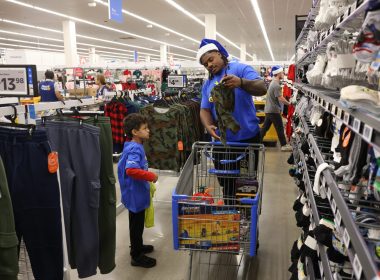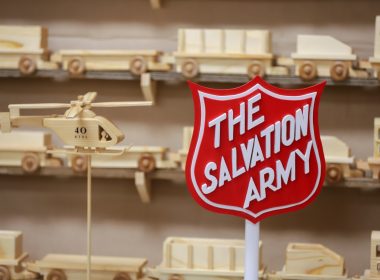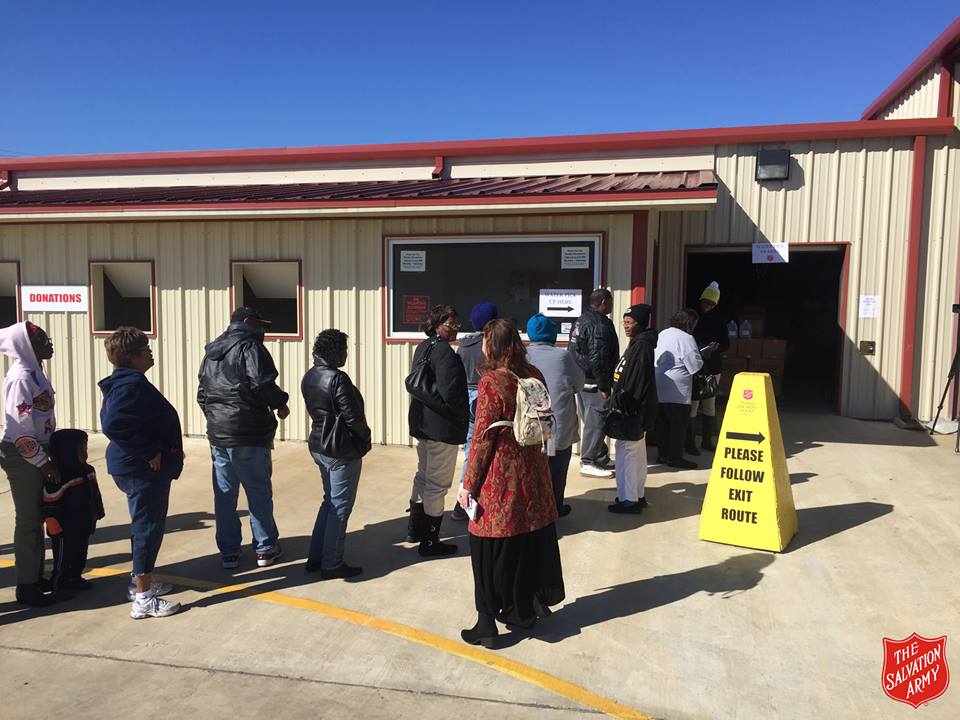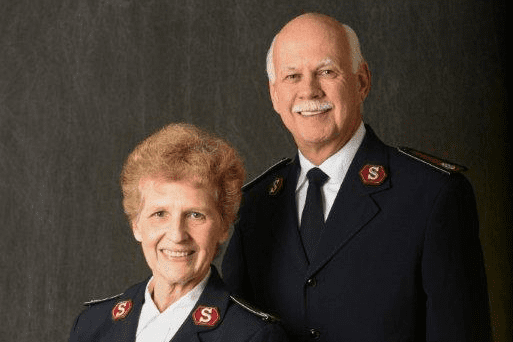
City says it’s taking steps to avoid a repeat of the water crisis in Flint.
Since Jackson, Miss., Mayor Tony Yarber cautioned pregnant women and children against drinking the city’s tap water to avoid lead exposure last week, The Salvation Army is poised to assist.
The water in Jackson has not been deemed dangerous, but out of an “abundance of caution,” the city is directing pregnant women and small children toward the Mississippi State Department of Health‘s recommendations for the prevention of lead exposure from drinking water.
After Yarber’s statement Feb. 24, The Salvation Army mobilized a response, providing two gallons of water to each family that visited its distribution center for six hours Feb. 25. Erin Campbell, director of communications for The Salvation Army in Jackson, said they distributed 150 gallons that day and another 150 gallons the next. The Army had the water gallons on hand as part of its preparation for disasters.
“We were mainly appealing to the pregnant women and the small children, but you cannot not serve those in need in this community,” Campbell said. “We had a huge, huge media day Thursday, because it’s a scary topic. It made national news. Everybody was really concerned.”
Young children are particularly susceptible to the toxic effects of lead-contaminated water, as it can impact the development of their brains and nervous systems. Lead can also harm adults, who face risk of elevated blood pressure and kidney damage.
If the situation worsens, Campbell insists The Salvation Army will be prepared to serve in any way possible.
“If this does become a greater problem, we know that we are going to have to serve no matter what,” Campbell said. “We’ll definitely push the education of safe water. We already teach about healthy eating, but if it does come to the point where we do have [elevated levels of] lead in our water, we want to make sure our children are educated to help themselves.”
The city’s water supply first raised eyebrows in June 2015, when 58 water samples were taken from random homes. Of those 58, 13 contained lead levels between 17 and 20 parts per billion (ppb)—exceeding the federal “actionable” threshold of 15 ppb.
The city has since begun to re-sample the affected area, along with an additional 42 sites. It maintains that there is no indication the water is unsafe and that there is no lead in the water supply. However, the city has acknowledged that the elevated levels could be caused by the corrosion of subpar water infrastructure in certain areas.
The concerns about Jackson’s water supply come in the wake of the water crisis in Flint, Mich., where city officials maintained the water was safe to drink long after the Environmental Protection Agency insisted otherwise.
Jackson officials stated they will submit a corrosion control study to state water authorities, along with a plan for the optimization of the city’s water treatment.
Democratic presidential candidate Hillary Clinton implored the city to take action in a statement last month, calling for national infrastructure improvements.
“I’m heartened that Jackson city officials are taking the right steps to fix the problem, including repeated testing and openness with the results, so families can stay informed,” Clinton said in a statement. “As the emergency in Flint, Michigan, has made clear, cities and states must treat these situations with the utmost seriousness and do everything in their power to ensure that families—especially children—have access to safe, clean drinking water.”












